- menu title
-
Custom Menu
add remove
-
Navigation
add remove
-
menu title
add remove
-
menu title
add remove
-
menu title
add remove
-
menu title
add remove
-
menu title
add remove
- menu title
-
Custom Menu
add remove
- Navigation add remove
-
menu title
add remove
-
menu title
add remove
-
menu title
add remove
-
menu title
add remove
-
menu title
add remove
NV. Atlantic ATL 3 - Atlantic Islands / Madeira - Canary Islands - Azores - Cape Verde - atlas map
Description
Who wants to dare the great adventure of crossing the Atlantic is well equipped with the ATL3. The Atlantic islands - the archipelagos Madeira, Canaries, Azores and Cape Verde - are also described in detail in this atlas. If you want to go there, you may be drawn to the Caribbean. But the chart set is also ideal for trips to or from the previous island groups.
One of the most famous archipelagos are the Spanish Canaries. These are characterized by a diverse landscape, as not every island is the same as the other. For example, Lanzarote is known for its black lava rocks and beaches, while, in turn, Tenerife makes you think of Pico del Teide, the highest mountain in Spain. That can also be admired from the water. Those who appreciate the green will be happy in La Palma, the greenest island of the Canary Islands. Madeira, which lies north of the Canary Islands, is also worth a stopover. The smaller Portuguese archipelago is characterized by its mountainous landscape that even extends to the coast. The Azores further west to the open sea are also known for their diverse landscape, so there is one or more islands appealing to every taste. South of the Canary Islands are the Cape Verde Islands. This independent archipelago is not yet a tourist magnet and is also very varied, which is why a detour there is definitely worthwhile if you have enough time.
Thanks to the clear structure the skipper can quickly find approaches, harbours and anchorages and is informed of important navigational details that also appear in the NV Charts app. The chart series impresses with its optimal scales and balanced sheet cuts.
This chart set includes
6 oversegers (incl. Atlantic Planning Chart)13 Area Charts
28 Detailed Charts
Code for App
Digital Charts & Navigation Program
Navigation Notes in English
Tide Tables
Paper Port Plans & Digital
Meets legal requirements for up-to-date paper charts on board


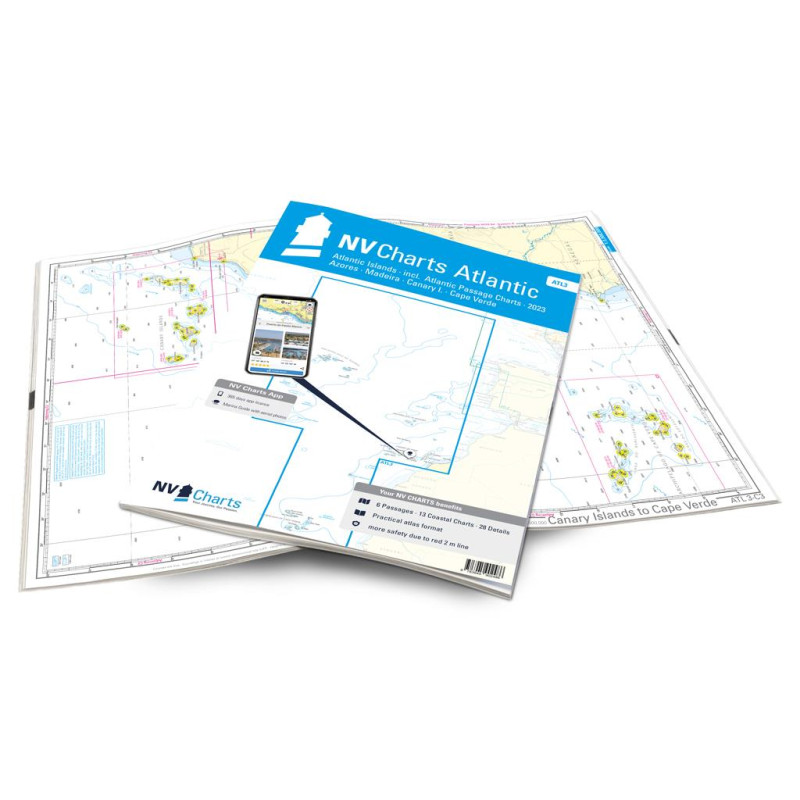



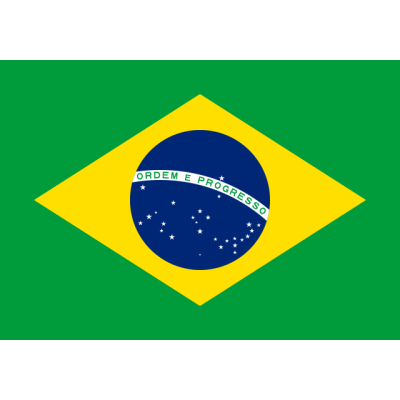
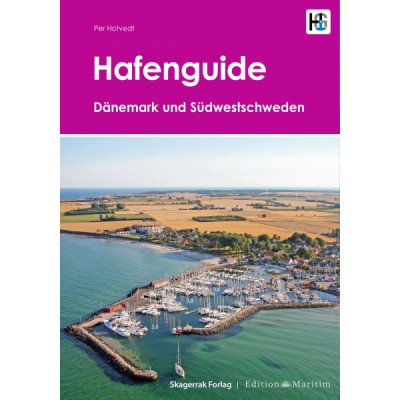
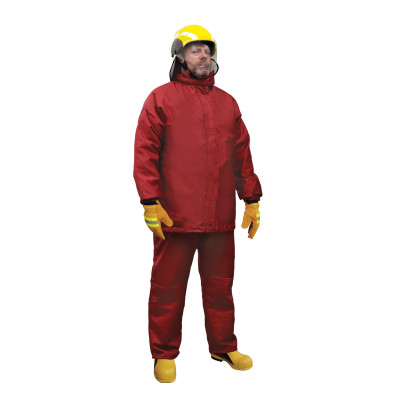
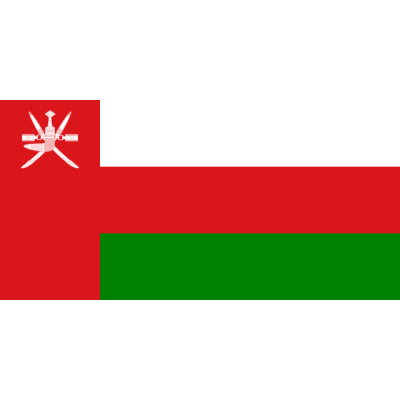
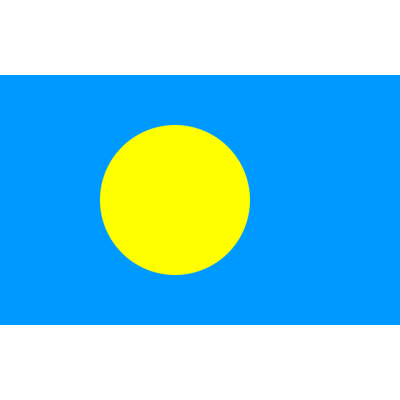
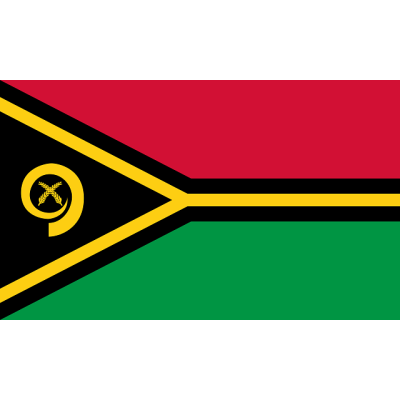
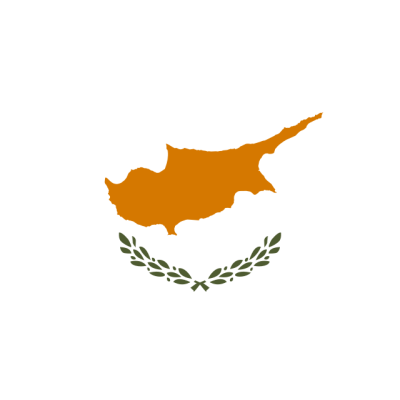
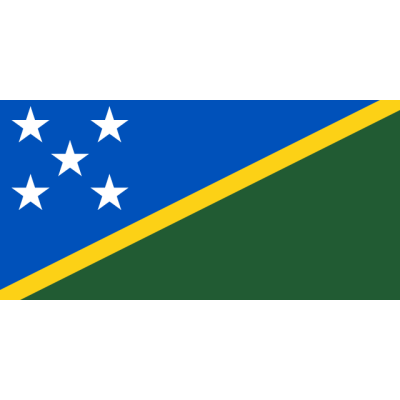
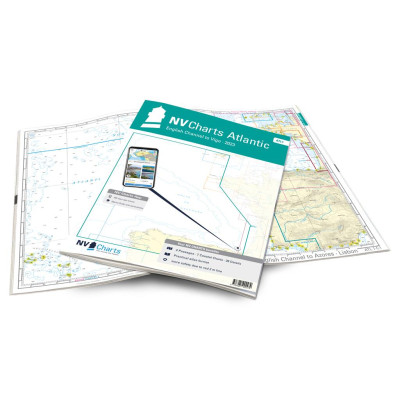
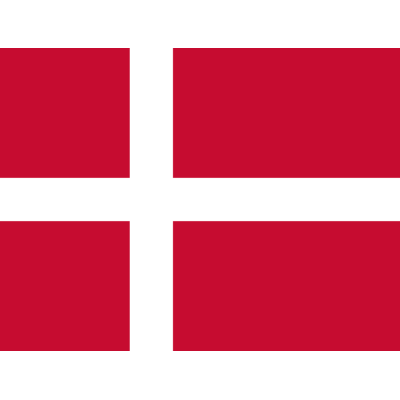
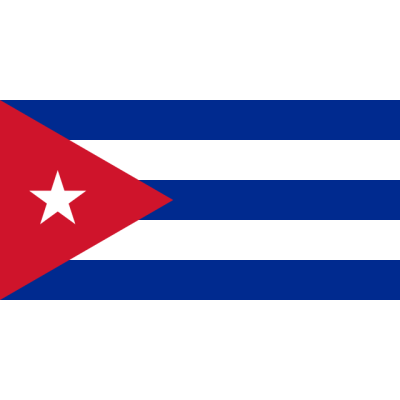
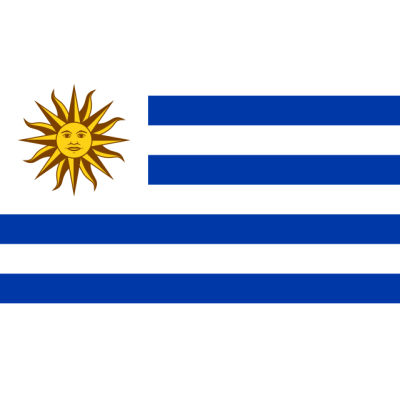
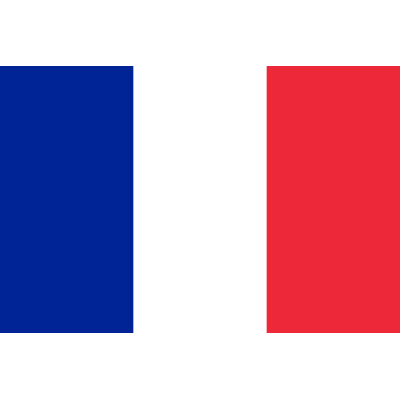
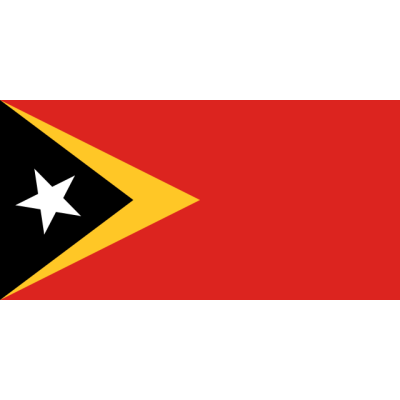
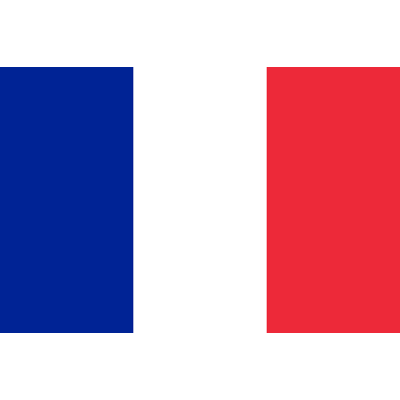
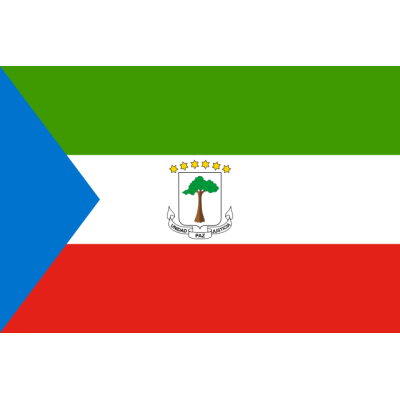
 Cookies
Cookies